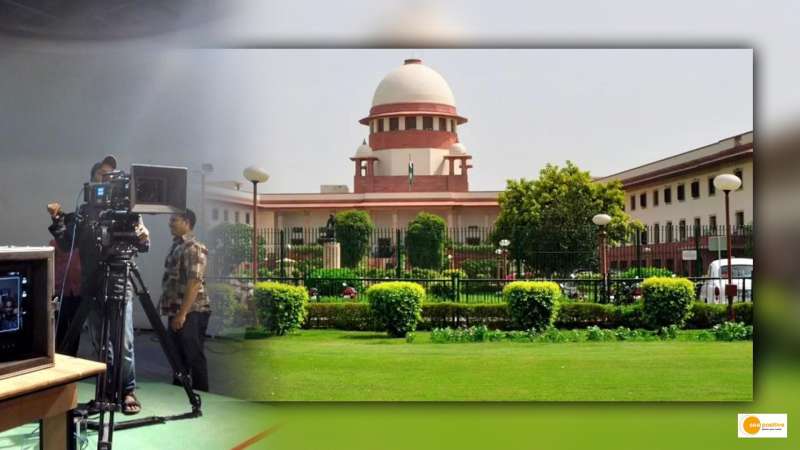

The Supreme Court ordered the Film and Television Institute of India (FTII) in Pune to enable people with colour blindness to enroll in all filmmaking and editing courses, stating that colour blindness should not be used as a criterion for admission.
Everyone has the right to choose the stream of their choice
“Filmmaking and editing is a form of art,” Justices Sanjay Kishan Kaul and MM Sundresh wrote, and “the institute must adopt an open and progressive approach.” The apex court also stated that its ruling will apply to other film and television colleges that follow a similar curriculum to FTII.
The bench stated that it is not the responsibility of FTII to judge candidates’ future employment chances, and that an editor’s role is to work creatively with story, dialogue, music, and performances.
The highest court decision came after Ashutosh Kumar, a Patna native, filed an appeal against a Bombay High Court decision that denied his request for admission to FTII’s three-year postgraduate diploma degree in film editing.
Establishing committee of experts
The Supreme Court established an expert committee on the subject in December of last year. National Film Award-winning film editor Akkineni Sreekar Prasad, Filmfare Award-winning director and cinematographer Ravi K. Chandran, well-known colorist Swapnil Patole, script supervisor Shubha Ramachandra, FTII’s head of department (editing) Rajasekharan, ophthalmologist Jignesh Taswala, and advocate Shoeb Alam were among the members of the committee. Individuals with colour blindness should be eligible to enrol in all FTII courses, according to the committee.
The Supreme Court recognised that film and television productions are collaborative art forms, and that putting restrictions could hinder creative potential and the growth of art, and that any limitation can be circumvented with assistance.


